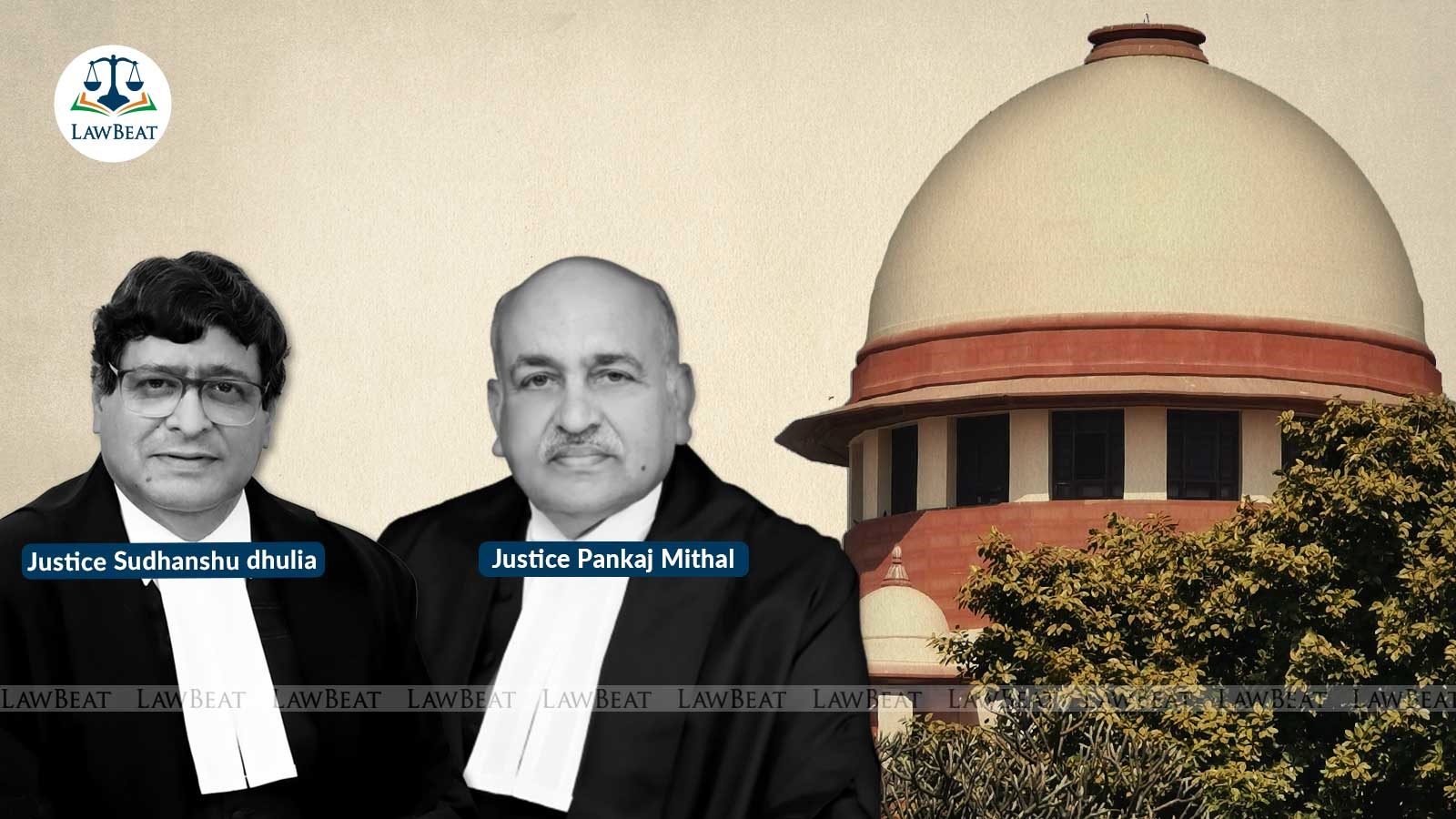One co-owner can't execute sale of entire property without partition: SC

Court noted the entire property purchased by the two brothers in 1959 continued to be the joint property in which both of them had equal rights
The Supreme Court has said that a single co-owner cannot sell the entire property without it first being partitioned by metes and bounds.
A bench of Justices Sudhanshu Dhulia and Pankaj Mithal dismissed an appeal filed by one S K Golam Lalchand with regard to a property measuring 4395 sq ft in Howrah.
The court noted that the property purchased by the two brothers late Salik Ram and late Sita Ram in 1959 continued to be the joint property in which both had equal rights.
On their death, the property devolved upon their respective heirs and legal representatives including Brij Mohan, his three sisters on one side and plaintiff-respondent Nandu Lal, his three brothers and five sisters on the other side.
Thus, Brij Mohan alone was not competent to execute a sale of the entire property in favour of the defendant-appellant S K Golam Lalchand, that too without its partition by metes and bounds, the bench said.
Court found that since the suit property had many co-owners including the plaintiff-respondent Nandu Lal and Brij Mohan, the defendant-appellant Lalchand could not have acquired right, title, and interest in the whole of the suit property solely on the basis of the sale deed of May 19, 2006 executed by Brij Mohan.
"The said sale deed, if at all, in accordance with Section 44 of the Transfer of Property Act, 1882 may be a valid document to the extent of the share of Brij Mohan in the property and defendant appellant Lalchand is free to take remedies to claim appropriate relief either by suit of partition or by suit of compensation and damages against Brij Mohan," the bench said.
Lalchand, on his part, cited authorities to contend that there was no illegality on his part in purchasing the share of Brij Mohan in the suit property, and to that effect the sale in his favour was valid.
"There are no two opinions on this aspect but those authorities do not help him in any way to enable us to reverse the decree passed by the First Appellate Court as affirmed by the High Court," the bench said.
The appellant Lalchand also contended the plaintiff-respondent Nandu Lal had not asked for any relief of cancellation of the sale deed by which the property was purchased by him.
The bench, however, dismissed the argument, noting that Section 31 of the Specific Relief Act, 1963, uses the word 'may' regarding the declaration of an instrument as void. This makes it discretionary rather than mandatory, especially when the person in question is not a party to the instrument, court said.
The court thus held, "The suit property which is undivided is left with the co-owners to proceed in accordance with law to get their shares determined and demarcated before making a transfer".
The bench declared that Brij Mohan alone was not competent to transfer the entire property without getting his share determined and demarcated so as to bind the other co-owners.
Accordingly, the defendant-appellant S K Golam Lalchand has rightly been restrained by the decree of injunction in acting in derogation of the propriety rights of the co-owners until and unless the partition takes place, it said.
Court finally dismissed the appeal and upheld the judgments and orders of the high court of July 06, 2021 and of the first appellate court of April 07, 2018.
In the case, the title suit filed by the plaintiff-respondent Nandu Lal was dismissed by the court of first instance as he failed to prove his possession but in appeal, the decree was reversed and the suit was decreed disbelieving the family settlement and holding that there was no partition of the property.
The judgment and order of the first appellate court was affirmed by the high court in second appeal.
Case Title: S K Golam Lalchand Vs Nandu Lal Shaw @ Nand Lal Keshri @ Nandu Lal Bayes & Ors
